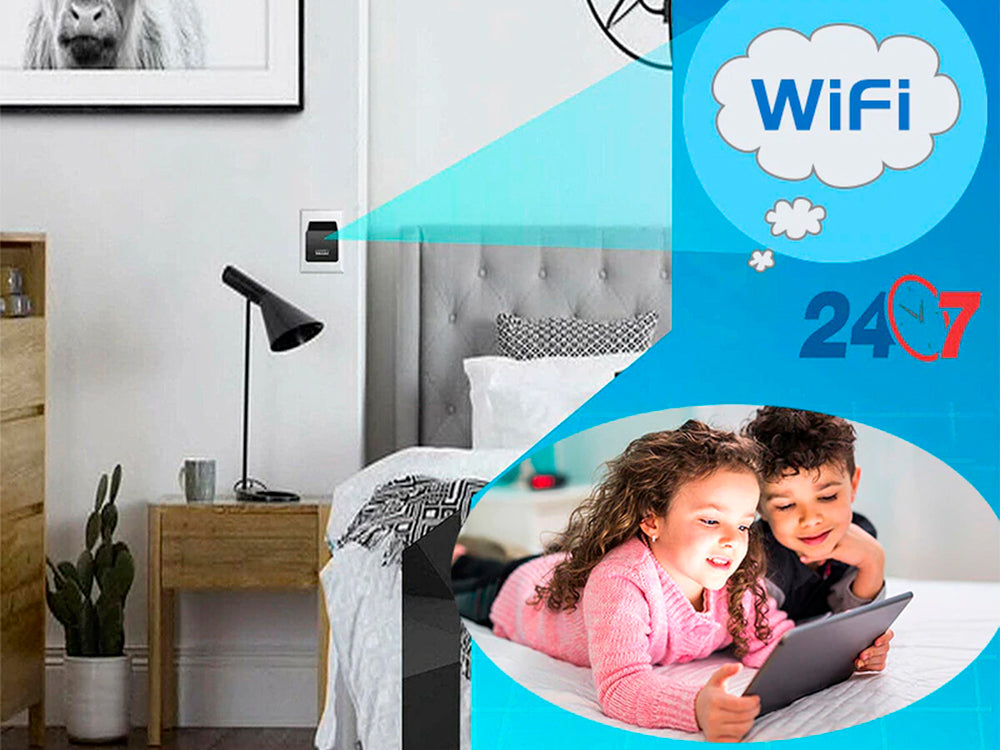Voice recorders are chosen for different purposes so choosing the right voice recorder can be difficult. Battery life is the first key component when deciding on which voice recorder to use. If you are looking for something to only record a couple hours, you can pretty much use any of the different voice recorders. However, if you need something that can record a day or longer, you would need to choose a voice recorder with either a long battery life or a device that features voice activated recording. Voice activated recording conserves the battery life of the unit by only turning on when it hears sound.
Another factor to consider when choosing a voice recorder is how discreet you need the recorder to be. For example, if you are recording in a classroom lecture, you may want to choose an audio recorder that you can wear such as the pen audio recorder. If you are trying to record a significant other in either a vehicle or home, a more discreet option might be the USB Voice Recorder. This device is voice activated and looks just like a USB thumb sized device. It can be placed underneath a seat inside a vehicle or anywhere around a home or business.
It is important to consider how much of the conversation you want to hear. The Bluetooth Voice Recorder will allow you to record both sides of a phone conversation whether it is a cell phone or a land line. It is important to check with state laws to make sure it is legal to record the other side of the conversation before purchasing the device. Each state has its own unique recording laws. Also, the distance is an important factor to consider when finding the right device. If you are looking to record in another room, you want to make sure that the audio recorder has enough recording distance to cover the area.
Audio quality is the final factor to consider when trying to find the right voice recorder. For recordings where clear quality is required such as a face to face conversation, the Bluetooth Voice Recorder would be the best option. It does an excellent job of eliminating background noise. The volume can also be adjusted on the device. The way to tell the audio quality of a product is to look at the BPS which is bits per minute. The more bits per minute, the better the audio quality will be. For example, 32 kbps is acceptable for speech, 96 kbps is used for low quality streaming, 320 kbps is the highest level supported by the MP3 standard.
Another factor to consider when choosing a voice recorder is how discreet you need the recorder to be. For example, if you are recording in a classroom lecture, you may want to choose an audio recorder that you can wear such as the pen audio recorder. If you are trying to record a significant other in either a vehicle or home, a more discreet option might be the USB Voice Recorder. This device is voice activated and looks just like a USB thumb sized device. It can be placed underneath a seat inside a vehicle or anywhere around a home or business.
It is important to consider how much of the conversation you want to hear. The Bluetooth Voice Recorder will allow you to record both sides of a phone conversation whether it is a cell phone or a land line. It is important to check with state laws to make sure it is legal to record the other side of the conversation before purchasing the device. Each state has its own unique recording laws. Also, the distance is an important factor to consider when finding the right device. If you are looking to record in another room, you want to make sure that the audio recorder has enough recording distance to cover the area.
Audio quality is the final factor to consider when trying to find the right voice recorder. For recordings where clear quality is required such as a face to face conversation, the Bluetooth Voice Recorder would be the best option. It does an excellent job of eliminating background noise. The volume can also be adjusted on the device. The way to tell the audio quality of a product is to look at the BPS which is bits per minute. The more bits per minute, the better the audio quality will be. For example, 32 kbps is acceptable for speech, 96 kbps is used for low quality streaming, 320 kbps is the highest level supported by the MP3 standard.





